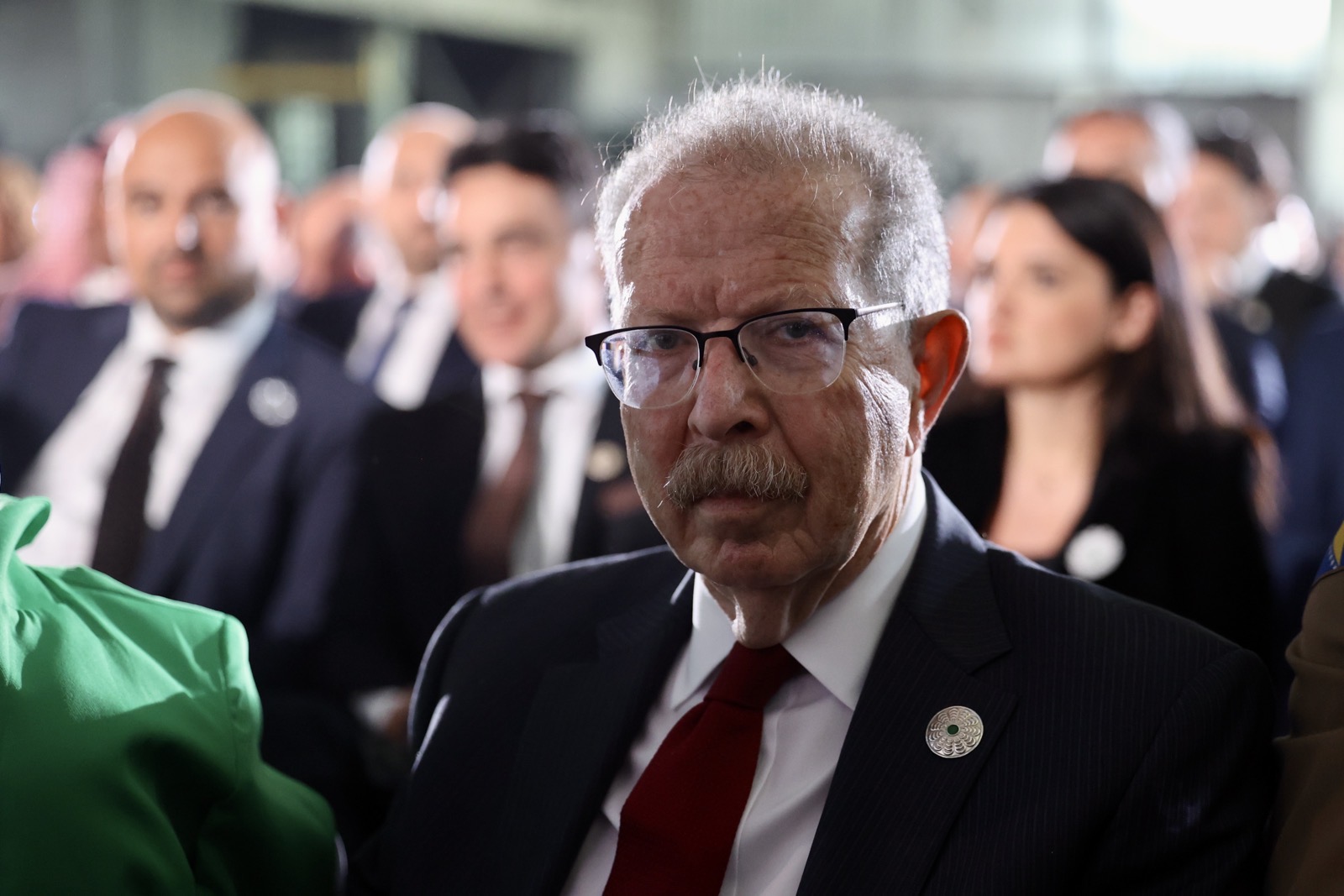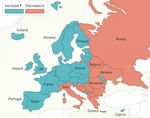
South Africa's accusations of genocide against Israel “do not hold water,” because Israel is not intentionally destroying the Palestinian people, lawyer Menachem Rosensaft told Italian daily 'la Republica', commenting on the case before the International Court of Justice which commenced on Thursday.
Oglas
"According to the articles of the Genocide Convention, the objective of the conflict should be the specific intent on the part of Israel to destroy the Palestinian national, religious ethnic group in its entirety or in part. The Court made this clear in 2007 in ruling on the 1995 Srebrenica massacre,” said Rosensaft, a celebrated New York lawyer, general counsel emeritus of the World Jewish Congress, co-founder of the International Network of Children of Jewish Holocaust Survivors, explaining why he considers South Africa's accusations unfounded,
The court did not recognise Serbia responsible for genocide but for failing to prevent it from happening, he recalled referring to the 1995 mass killing of non-Serb men and boys in the eastern Bosnian town.
“The reason for this war is that Israel is - legitimately - trying to remove the existing threat posed by Hamas,” said the lawyer, stressing that it is this group that has a “genocidal agenda.”
However, he noted, the fact that Gaza civilians are suffering is “regrettable and tragic,” which is not the purpose of this war.
https://n1info.ba/english/news/israels-lawyer-cites-icjs-non-intervention-during-bosnian-genocide/
Asked if he is also opposed to the possible precautionary measures requested by South Africa, Rosensaft replied by saying that a ceasefire would only benefit Hamas and made it possible for the group to reconstitute itself.
As for some Israeli officials, whom, as South Africa said, had “genocidal rhetoric,” Rosensaft said he considered the presence in the government of individuals such as National Security Minister Itamar Ben-Gvir or Heritage Minister Amichai Eliyahu a “disgrace.” He also finds the settler violence against the Palestinians in the West Banka “criminal.”
“But one cannot use the words of these extremists to say that these are the positions of the government and the army, which are quite distinct,” he said, noting that Prime Minister Benjamin Netanyahu has firmly rejected them.
According to him, a final decision before the UN court in this case will “take time” and the situation on the ground can hopefully change sooner.
A decision where the court calls for a cease-fire would, he said, put Hamas in a position to repeat a new October 7. “If, on the other hand, there will be recommendations on humanitarian aid, okay.”
But they should only be considered valid if the court recognises -- “and I am sure it will” -- the extreme complexity of the situation, Rosensaft concluded.
Kakvo je tvoje mišljenje o ovome?
Učestvuj u diskusiji ili pročitaj komentare
Oglas
Kakvo je tvoje mišljenje o ovome?
Učestvuj u diskusiji ili pročitaj komentare
Oglas





 Srbija
Srbija
 Hrvatska
Hrvatska
 Slovenija
Slovenija


























































